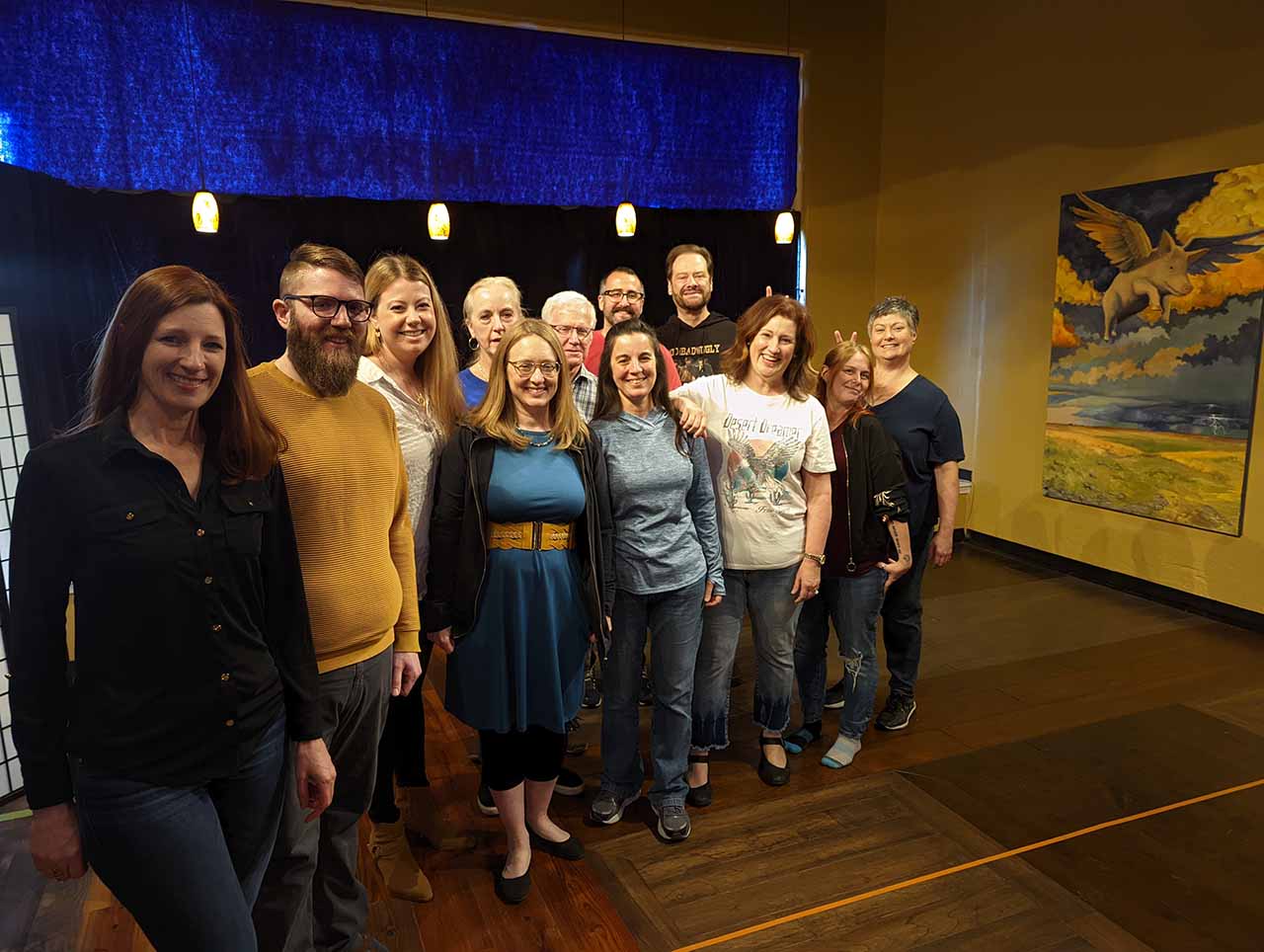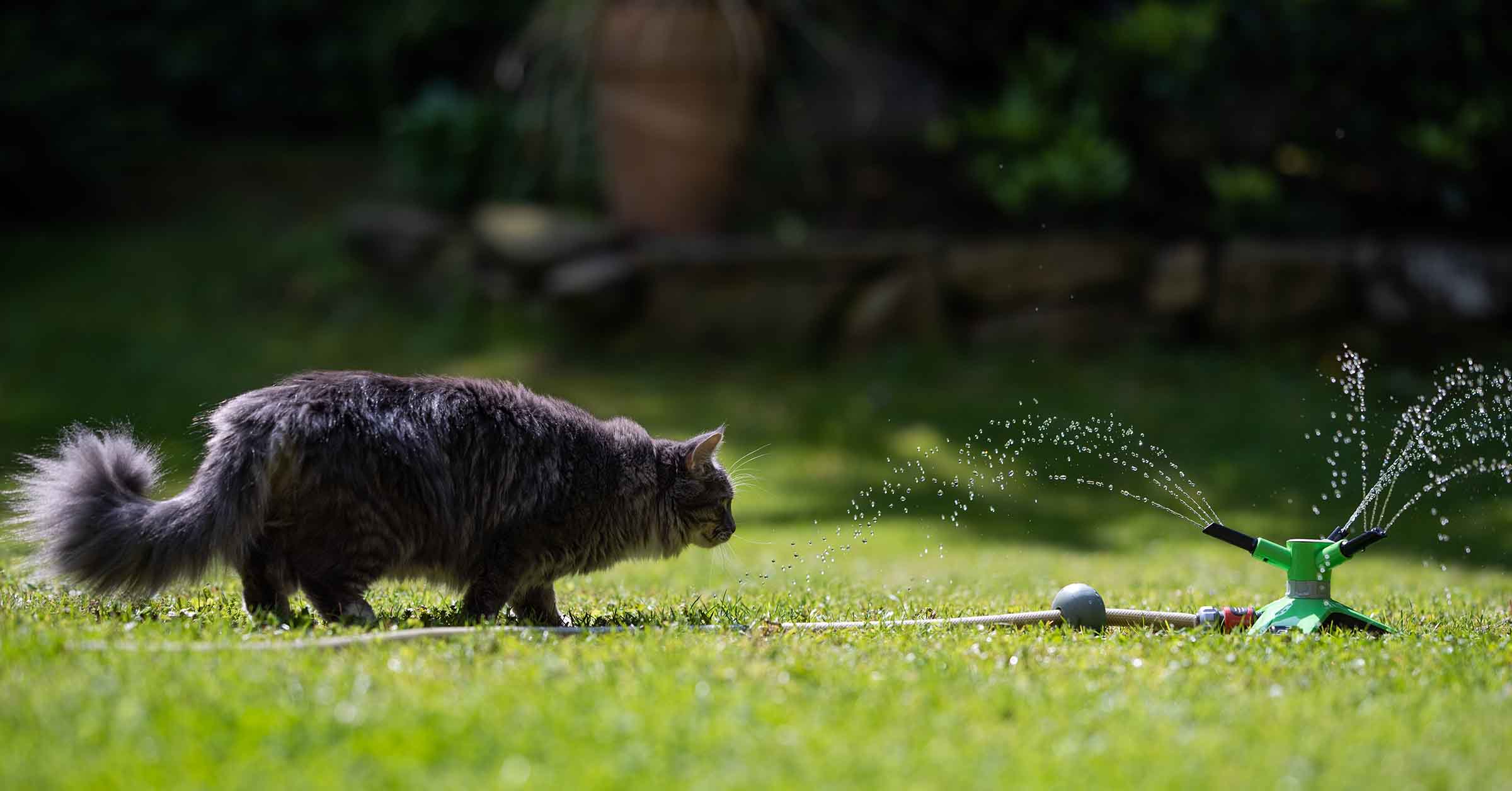When corporations are faced with crisis, challenges, or just want to regroup and refocus, many have found that offering improv (improvisation) workshops is a great way to unify the company, encourage creativity, and streamline communication company-wide.
Nonprofit organizations, especially orchestras, are no different with needs of finding focus, creativity, and unity. And coming out of this pandemic these organizations really ought to be firing on all cylinders. Embracing the improv workshop mindset would be something orchestras should consider!
Many of us in the orchestra business know there is a communication challenge, a frustration of multiple limitations, and a lack of cohesive focus. Inviting all stakeholders (management staff, board members, musicians, volunteers) to participate in an improv workshop is a great first step in addressing the challenges in a fun and innovative way.
This is exactly what the Wichita Symphony did in March. Several board members, musicians, and staff, joined for a gathering at Flying Pig Improv with owner/instructor Jessie Gray to try what for-profit companies have been doing for years: an improv workshop.
Jessie led the group through several improv games and exercises aimed at building teams, communicating better, and encouraging creativity in a supportive manner.
What began as feeling silly or insecure turned immediately into a fun shared experience that put each stakeholder on the same level. There was a definite team-support vibe that most of us hadn’t experienced at this level of focus.
Participating in improv games and exercises encouraged our deep listening, supporting one another, and exploring creativity all in a safe place. There was a freedom to “fail.” The ability to try new ideas without worry or repercussions was something none of us were used to!
I spoke with Kelly Leonard of Chicago’s Second City recently to understand the benefits corporations seek. Kelly is in high demand for workshops and seminars guiding a wide range Fortune 500 companies through how improv can improve creativity and communication. Here’s just one of Kelly’s thoughts on why improv unlocks so many good things that relate to the nonprofit and orchestral world:
A lot of what is unlocked in improv workshops is because that workshop is designated as a safe place to try new things, a safe place to share an idea, a safe place to know you can’t fail and if you think you did, you would have the support and be celebrated for the effort.
A deeper dive on the psychological values of feeling accepted and free to fail can be found in Kelly’s recent interview with Todd Kashdan, author of “The Art of Insubordination: How to Dissent & Defy Effectively.” Together they break down the ways that allowing for mistakes frees the minds to share more creatively.
After our Wichita Symphony improv workshop concluded, the feelings of connection were palpable. No longer were some of us strangers to others, we all knew each other, and we all had a sense that we each had everyone’s back.
Standing outside of Flying Pig Improv studio, we talked for another thirty minutes on our experiences and what we each took away from the experience. And now two months after that workshop, we’re still talking about the benefits…and planning the next one!
Comments from WSO stakeholders who attended the workshop
Chastity Pawloski, Musician
Michelle Gawith, Musician
Jennifer Jones, Board Member
Jennifer Jones, Board Member
Everyone had a different and very valuable take away from this workshop. And all of us felt newly focused and motivated on a new level. I would encourage all symphonic groups to organize this kind of offering for all the stakeholders in an organization. It’s so important for everyone to feel part of the ensemble, to feel listened to, feel understood, and be supported. This is one of the best and most fun ways to do that!












Do you have a sense for how the “environment” has changed in the two months after the first improv workshop? What kind of barriers or issues that the stakeholders have found in the past are being eliminated or at least better understood since the first workshop. What were some of the benefits that emerged from the improv? Since I read that a second improv workshop is being planned, will that include new or additional people, or just further enhance the effectiveness of the team from the workshop? I write from having worked at IBM in a variety of technical sales and management positions over 35 years. Also having worked as a project manager at the Ukrainian Catholic Archeparchy of Philadelphia for an additional four years. During my time at IBM as a manager, coaching was an important skill the company directed our management teams to employ. The techniques were based initially upon the GROW model from John Whitmore. After some initial classes and workshops, my observation was the half life of the skill was about 6 months to a year. I did retain a copy of the GROW model, and the key questions throughout my 8 years as a manager — both tacked to a wall in my cubicle and in my day planner. My peers, they reverted to their old ways sometimes upon return, sometimes after a few months. Hopefully, your efforts will achieve a better and more effective relationship between the various stakeholders, leading to a more effective and impactful orchestra (organization).
That’s a great comment Ken and I’m so glad you bring this up! When I was speaking with Kelly Leonard he was emphatic that improv is like any skill…and he used musical instruments as an example….one must practice it. In Kelly’s workshops he insists that one must keep up on improv to fully allow for its merits to manifest in a work environment. Some offices do a 10 min improv game in the beginning of their days. That idea is great but wouldn’t likely fit into the stakeholders’ schedule at a symphony orchestra.
Instead, having a couple workshops throughout the year is a great way to keep the conversation going. The benefits we felt immediately, and still feel, are a familiarity with people we never interacted with prior, and a new way of communicating with folks. The immediate goal of the first workshop was to build communication and trust. Now that the ice has been broken, it’s time to chip away continually. The next improv workshop we will have is already on the minds of those who couldn’t attend the first. We anticipate it will be very well attended and we anticipate having to break up into two workshop groups!
I could write a book on all the wisdom Kelly Leonard shared with me about the merits and philosophy of improv and how it enhances a work culture. I would recommend looking up his very valuable podcast at Second City’s website to get more of his angle. He’s definitely correct, as you mentioned reverting to old ways, that these skills need to be practiced consistently.
My impression is the workshop was so positive for people who attended and they absolutely want to keep those skills going. Many have attended drop-in improv on their own time. That speaks volumes! People seeing the value and power of a process like improv is one step into building a stronger organization across all stakeholders.